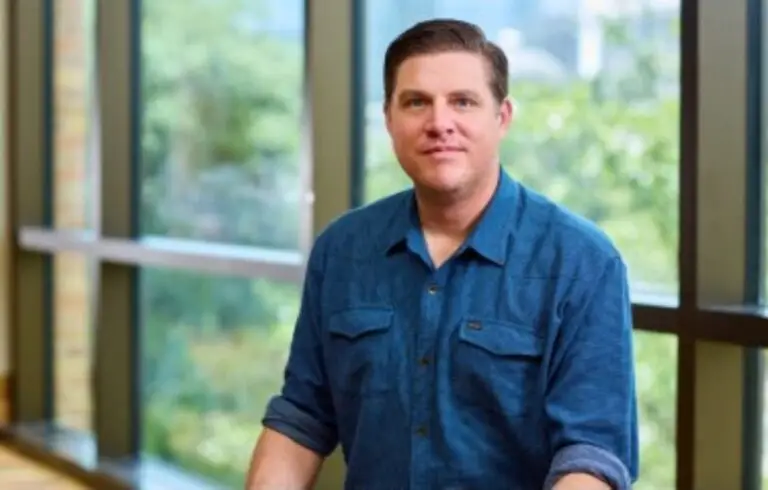
The CEO of SentryOne isn’t being overly confident when he says that the company’s addressable market is “everybody” and “every company.” It’s just a matter of fact.
“Literally every company and every organization, every government organization uses database technology. It’s absolutely 100 percent pervasive,” says Bob Potter, CEO of SentryOne. “We have companies that are tiny [in our client base] and we have the largest organizations in the world.”
It’s no wonder that the database optimization software company has experienced 40 percent year-over-year growth and doubled its client base in the last few years. Potter, who came on board in 2017 after working with the company as a consultant, helped implement a sales and marketing strategy—derived from playbooks he learned in private equity—that accelerated its growth rate. Last year, the company acquired one of the biggest Data DevOps vendors, Pragmatic Works Software and expanded into Europe.
Chief Executive got a chance to speak with Potter about how the company maintains its culture during this growth period, how it recruits tech talent in a tight labor market and more. Below are excerpts from this conversation.
How do you maintain culture at SentryOne when you are growing this fast?
That’s a great question. That’s really the most important question that you could possibly ask. Cultures are not concocted, they’re organic and they typically start with the founders or the founder. Our culture comes from Greg Gonzalez, who’s the founder and CTO. He established a culture and I embraced it. Why change a culture that works?
And the way you preserve it is you try to hire your own talent from scratch, right? We kind of think of it as like a professional sports franchise. It’s better to draft and then bring people onto your culture than to hire a bunch of expensive free agents that already have their culture that they bring to the organization. If you get too many experienced tenured people from one company, they’ll try to import their culture into your company. So I’m very conscious of that.
We’re very conscious of what our core values are, what our principles are. They all came from Greg and he had a business partner by the name of Ken Teeter, who’s still on our board of director. So we try to hire our own talent early on and then we develop them and promote them. And that preserves the culture. As opposed to going out and hiring a bunch of experienced people that want to do it their way.
In that regard how do you recruit talent in a tight job market?
The biggest thing that we do, and we do it well, is we hire a lot of interns. It’s a meaningful percentage of our employee population. We’ve been doing that for years. We expanded our reach. It used to be that we only hired interns from one school in Charlotte, which is UNC Charlotte. Now we hire interns from three or four universities in Charlotte, but we also hire interns from Boston schools like Boston University. We expanded into New England when we did the acquisition of [Pragmatic Works Software] and we also hire interns in Ireland from places like Trinity College, Dublin. Just by expanding our reach into different universities, we were able to attract young talent and put them through [our company]. They’re all hungry for training. We obviously pay them like everybody does. We are looking for talent right out of the university. That’s the primary thing we do.
One thing that’s helping a lot, it goes back to your culture question, is that we work hard to create a work environment that people want to come to and stay with. So we’ve been focused a lot on career development, obviously things like benefits, compensation, equity. But we try to create a work environment where people just enjoy coming to work and want to stay with us. We don’t want anyone to have a reason to leave us. Inevitably you lose people, but our retention rate is very high. But if I had to project forward, it’s not going to get easier. It’s going to get harder and harder until we start educating college students in the sciences and computer science, like they do in other countries.
What’s your advice to your fellow CEOs in terms of growing a business and scaling it?
This may sound trivial, but hire A players. Don’t compromise. When I was at Alpine [private equity firm], I had read a book that basically talked about the economic cost of hiring the wrong people. It made a huge impression on me. We spend a lot of time interviewing and hiring correctly, but if you get the right person into the right job and they’re ambitious and want to work hard and get ahead, that’s the single most important thing that a CEO can do.







